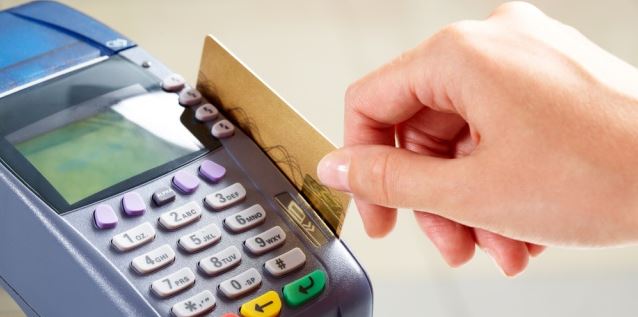With so much personal information being disseminated online and being stored online and in cloud storage, the chance of sensitive customer information being stolen and misused is higher than ever. While customers themselves need to take steps to use their information safely, employees at all companies should work on becoming the first line of defense for protecting sensitive information. Businesses of all kinds should insist on the following five ways to correctly treat all customers’ information.
Use Only Company Devices
Many businesses are turning to a “bring your own device” policy, which allows employees the freedom to use their own smartphones and laptops while on the job. However, because businesses cannot be sure how these devices are being secured, the risk for data theft is quite high. Employees should be mindful of these things, because not only is it dishonest to use a customer’s information for personal gain, but it’s highly illegal. Nothing should ever be done to compromise the customer’s relationship with the business.
Use PCI DSS Technology
Using Payment Card Industry Data Security Standard will help to ensure that a customer’s credit card or debit card information is properly encrypted when gathered from a card. Because of this, there is a huge need for PCI DSS training for many industries. It can be used with most major card brands, including Visa, MasterCard, Discover, and American Express. By using this technology, businesses can cut down on major security breaches that can result in thousands of dollars in stolen funds.
Provide Employee Training
Ongoing employee training is vital for teaching workers the latest in security options to protect customers. Employees should be briefed on company policies, such as the usage of cell phones and laptops, and on how they can assure customers that the business is doing all it can to protect sensitive data. Employees should also be taught more info on these sort of things, especially since texts and emails are insecure ways to send information.
Invest in Shredders
All business areas that come into contact with printed customer information should have a large shredder easily available. Another option for larger businesses is investing in a secure shredding service that picks up bins of papers every day or week and shreds them for the business. Making sure to shred and completely destroy any papers that have customers’ personal info on them is a great practice to get into. Managers and owners are responsible for letting employees know about this practice. Without the customer, no one has a job and no one has a product or service to sell.
Insist on Strong Passwords
Strong passwords are key to protecting computers and cell phones from being hacked by physical thieves or virtual viruses. Additionally, passwords should be changed at least every month, and employees should be required to choose passwords with a mix of letters and numbers.
It can often seem as if protecting customer data takes extra time away from an employee’s job. However, once employees realize that it is their job to secure sensitive information, they will be inspired to shoulder this responsibility with enthusiasm. Plus, securing customer data now can limit the amount of data and identity theft.
